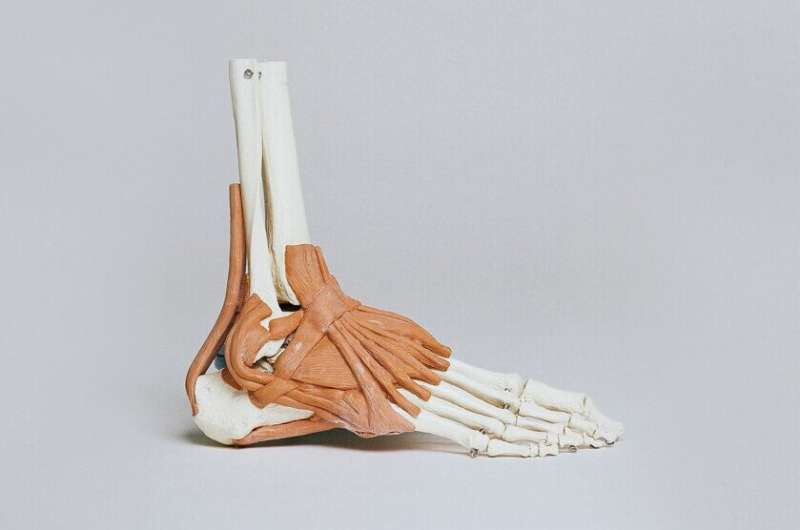Repeated Stress-Induced Brain Changes May Increase Addiction Vulnerability

Severe stress can cause lasting changes to critical brain regions, elevating the risk of addiction by impairing decision-making and increasing reward-seeking behaviors. New research sheds light on the neuronal mechanisms behind stress-related vulnerability to substance misuse.
Recent research from the University of Mississippi highlights how severe and recurrent stress can cause lasting alterations in brain function, potentially elevating the risk of developing addiction. The study, published in the journal eNeuro, reveals that intense episodes of stress lead to persistent changes in two key brain regions: the prefrontal cortex, responsible for decision-making, and the ventral tegmental area, which affects motivation and reward-seeking behaviors.
The research utilized animal models to observe neuronal activity in these areas after exposure to social stress. Findings indicate that activity in the prefrontal cortex diminishes for at least two weeks post-stress, impairing the brain’s capacity for sound decision-making. Conversely, activity in the ventral tegmental area drops below normal levels, creating a 'reward deficit' that might drive individuals to seek out substances or behaviors that restore feelings of pleasure.
This imbalance suggests that stressed brains may become more prone to risky behaviors, including substance misuse. The decreased decision-making ability coupled with increased craving for rewards can make resisting drugs or other harmful stimuli more difficult, potentially initiating a cycle leading to addiction.
Furthermore, the study explored the long-term impact of stress on brain function. It found that neural activity in the prefrontal cortex stays suppressed for extended periods, potentially causing prolonged decision-making deficits. Meanwhile, the ventral tegmental area exhibits reduced activity for weeks, further compounding the reward-seeking imbalance.
An innovative aspect of this research involved machine learning algorithms developed by a team including computer science students, facilitating the analysis of large datasets. This approach exemplifies how interdisciplinary efforts can advance understanding of complex neurological responses.
The insights gathered could provide a biological explanation for why some individuals are more susceptible to addiction following stressful experiences. By understanding the neuronal mechanisms, health professionals might improve prevention strategies and develop more targeted treatments for addiction, addressing the vulnerability caused by stress-induced brain changes.
Overall, these findings underscore the importance of managing stress and developing interventions that mitigate its long-lasting effects on the brain, potentially reducing the transition from stress exposure to substance use disorder.
Stay Updated with Mia's Feed
Get the latest health & wellness insights delivered straight to your inbox.
Related Articles
Mosquito-Borne Chikungunya Outbreak Spreads in Southern China
Southern China faces a rising outbreak of chikungunya, a mosquito-borne virus causing fever and joint pain. Authorities urge preventive measures to contain the spread.
New Research Uncovers How Tirzepatide and Semaglutide Differ in Their Metabolic Effects
Animal studies reveal that tirzepatide temporarily increases energy expenditure, while semaglutide initially decreases it, offering new insights into obesity treatment mechanisms.
The Role of ELAV Protein in Shaping the Brain's Circular RNA Landscape
New research reveals that the ELAV protein is a key regulator of circular RNA production in neurons, shedding light on its vital role in brain development and function.
Innovative Lateral Approach in Total Ankle Replacement Demonstrates Long-Term Success
A groundbreaking lateral approach in total ankle replacement shows excellent long-term outcomes and implant durability, offering new hope for patients with end-stage ankle arthritis.



